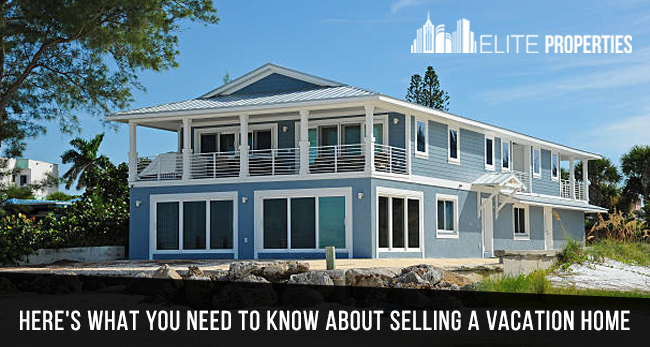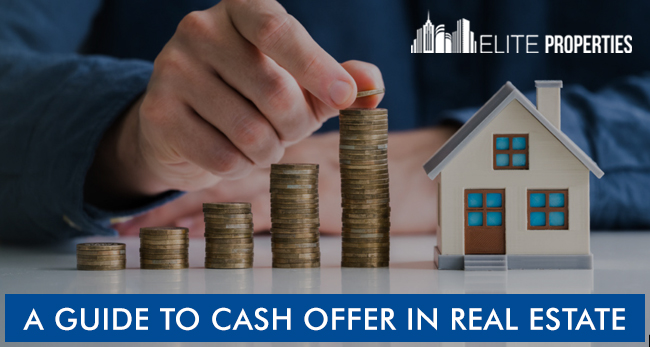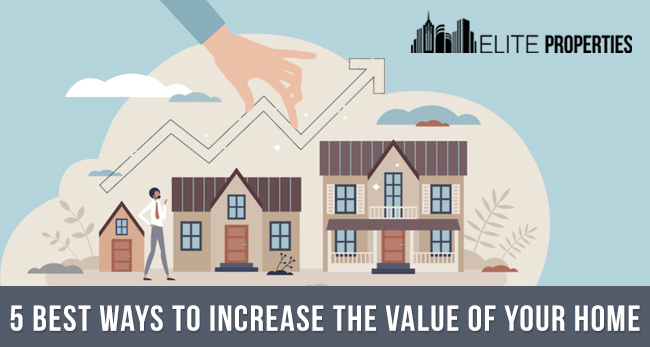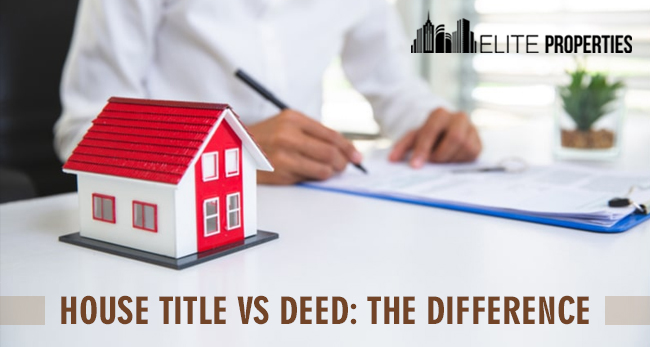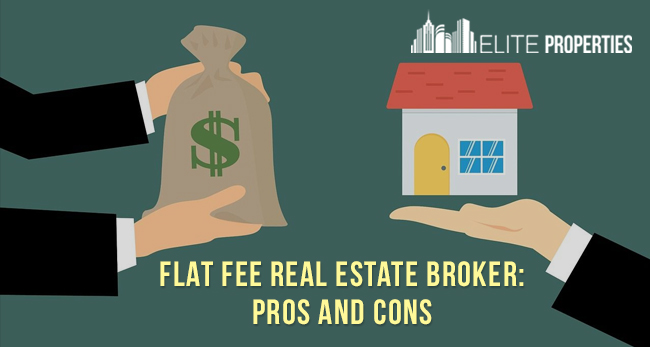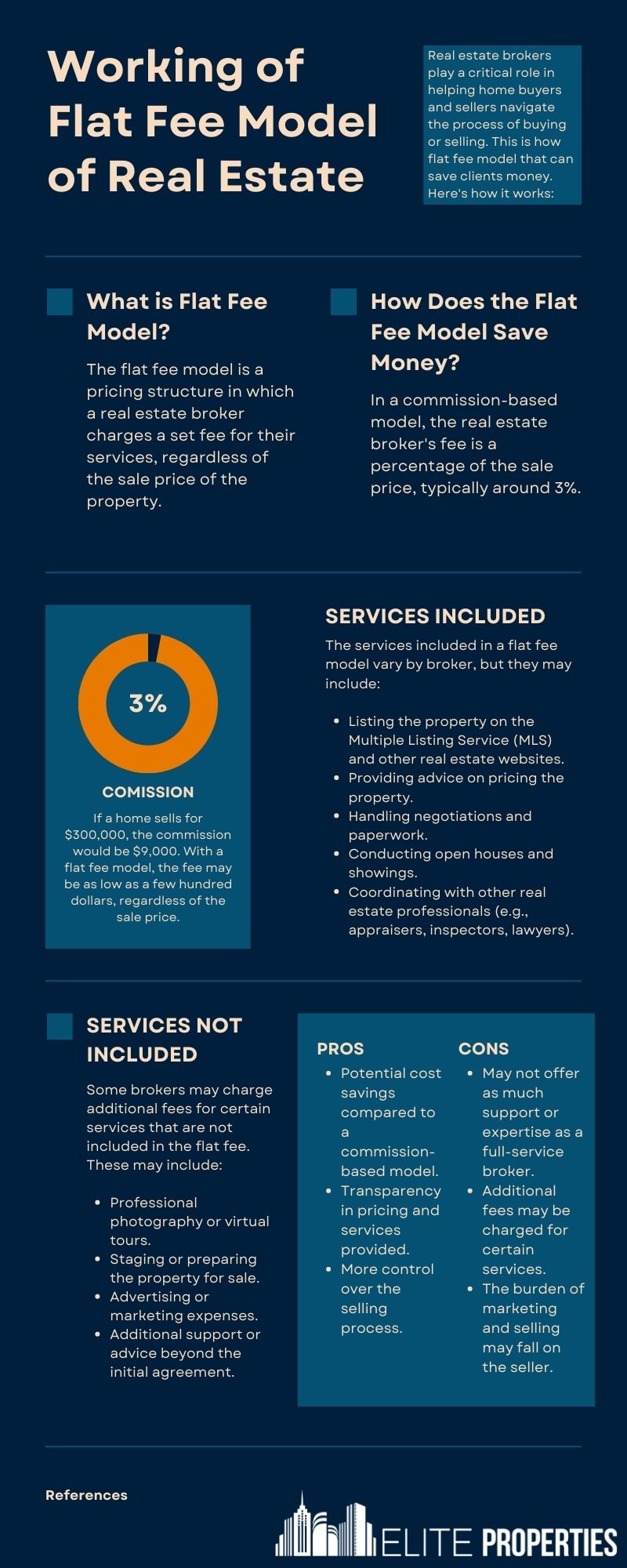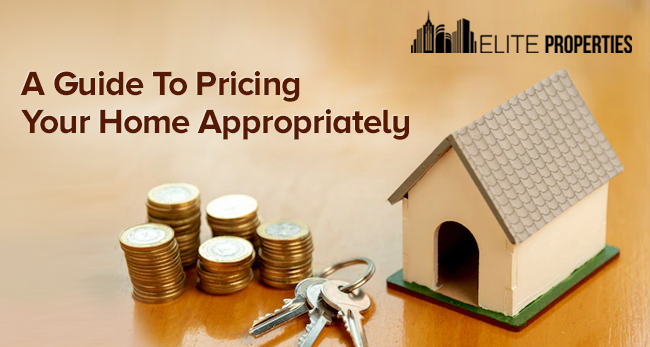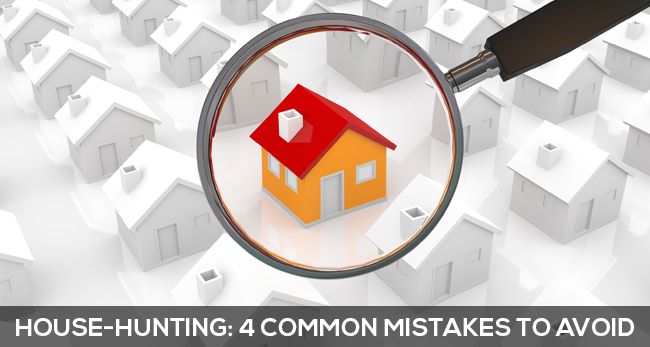Selling your vacation home can be exciting and challenging too!
Well, if you know the right process, you are good to go.
Your vacation home could be your second home. If you are planning to sell your vacation home, you must first need to understand that selling a vacation home is different from selling a primary home where you usually reside.
Understanding this difference in the first place is how you can get started with proceeding to sell your vacation home.
Let’s take a deep dive into this difference and how you can sell your vacation home effectively. So, keep reading!
Understanding the Key Differences Between Selling a Vacation Home and a Primary Residence
The place where you live the majority of the time during the year is your primary home. This period could be six or more months per year.
- Your primary residence is a place that provides more convenience to you such as it could be near your location of employment. Usually, the address of your primary residence is also listed on your important documents such as your driving license.
- A second home or recreational residence could be your vacation home. It is generally situated elsewhere than the owner’s primary home. Vacation homes are typically only used during certain times of the year.
The IRS classifies a second home as a “personal capital asset,” unlike your primary home, which is normally exempt from capital gains taxes (with a few exceptions).
Hence, you are required to pay capital gains tax after you sell your vacation home and abide by IRS rules when you file your taxes for the year you sell your second property or vacation home.
In addition to tax implication differences, there are also many other differences in selling vacation homes and primary homes. Also, vacation home homeowners are more dependent on real estate agents for selling than the homeowners of primary homes.
How Can You Sell Your Vacation Home?
Before you sell your vacation home, you need to ensure that you are ready with the prerequisites with other steps. So, here we go!
Prerequisites
- Selling a vacation home can be a daunting task, but with the right preparation and strategy, it can be a rewarding experience. Before listing your vacation home, it’s important to get an accurate estimate of its value. You can use home inspection services, or a real estate agent. You can also use online tools to get an idea of the home’s market value.
- It’s also important to have all the necessary paperwork ready, like title documents, repair estimates, and marketing materials. Once you have a good idea of the home’s value, it’s time to get it in shape.
- Make minor repairs and clean up the clutter. Finally, target potential vacation home buyers who are interested specifically in vacation properties.
All this will increase your chances of selling your vacation home quickly!
Researching Your Market
- There’s no question that vacation home selling can be a lucrative endeavor. But it’s important to do your research first. This includes understanding the market conditions and what properties are currently for sale.
- You can also interview the real estate agents in the area where your vacation home is to get an idea of the real estate market.
- Lastly, you also need to do research about the pricing and ensure to determine the fair market value of your vacation home.
Preparing The Vacation Home for Sale
- When it comes to selling your vacation home, preparation is key. Make sure to clean it and make any necessary repairs before listing it. This will give buyers a good first impression of the property and set the tone for what they can expect.
- Next, make some changes to the decor that will appeal to buyers. This can help sell your home faster.
- Finally, keep buyers informed about any changes or updates that happen throughout the home sale process. And we go! By making these enhancements, you’ll be well on your way to a smooth sale!
Marketing For Selling Your Vacation Home
- After you have a general idea of pricing and the market, and after your home is ready to be sold, start marketing your vacation home.
- There are a few different ways to market your home, and it all depends on what you’re looking for. Some popular choices include online listings, contacting local agents, or visiting homes in person.
- Make sure you have all the necessary paperwork ready, including an updated copy of your property tax statement and, as mentioned above, accurate information about any renovations or updates made to the home since purchase.
Listing Your Vacation Home
- Listing your vacation home for sale can be a demanding but gratifying experience.
- Before you get started, make sure you have a realistic idea of its market value. This will help you set a fair price for your home.
- Once you list your home, maintain a marketing campaign throughout the process and be ready to handle any inquiries or offers that come in.
Negotiating And Closing the Sale
- Once you start interacting with your potential buyers, you need to make sure that you are acing the game with great negotiation skills.
- The goal of negotiating and closing the sale of your vacation home needs to be to reach a mutually beneficial agreement.
- Correctly price your home and be ready to answer any questions a potential buyer may have to help them feel confident about making an offer.
- Before you put your home on the market, make sure all the paperwork is completed and ready to go to speed up the process.
Bottom Line
Selling a vacation home can be a smooth process if done right.
By following the above steps, you’ll be on your way to a thriving sale. Additionally, ensure to consider some essential details before listing your home for sale, especially the tax consequences of selling a vacation home.
Need more expert advice? Reach out to Elite Properties today!

